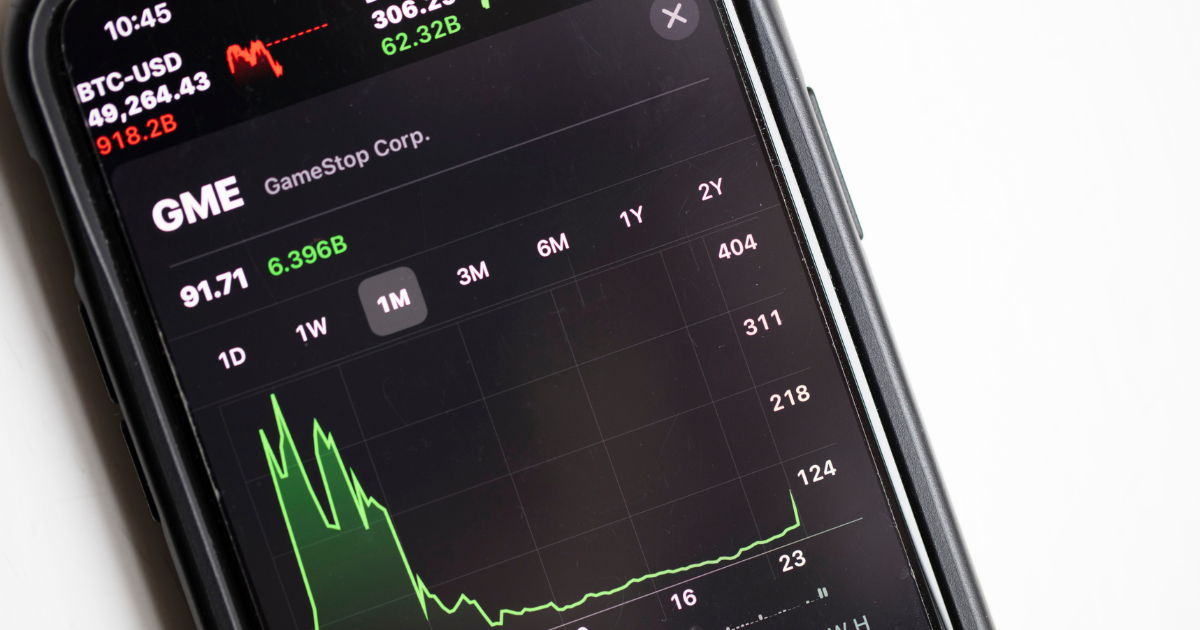In July, U.S. retail sales rose 1% from the previous month, exceeding economists’ forecasts of a 0.3% gain. However, Bath & Body Works, Inc. (BBWI) has lagged behind the overall specialty retail sector’s growth. Despite the broader Consumer Discretionary Select Sector SPDR Fund (XLY) being up about 4% so far this year, BBWI has seen its shares fall more than 30% year-to-date. This decline is significant, especially compared to the sector’s modest growth.
In this article, we’ll examine Bath & Body Works’ recent earnings to gauge its performance and discuss its turnaround efforts.
With more than 1,700 stores across the U.S. and a global presence in Canada and through international partners, the Ohio-based retailer of home fragrances, body care, and soaps still relies heavily on in-store sales. However, the company’s recent performance has disappointed investors and fell short of Wall Street’s expectations.
In the second quarter ended August 3, 2024, BBWI’s net sales decreased 2.1% year-over-year to $1.53 billion, slightly below analysts’ expectations of $1.54 billion. Its adjusted earnings per share for the second quarter came in at $0.37, just above the consensus EPS estimate of 36 cents but down from $0.40 last year. Non-GAAP net income also fell from $92 million to $83 million year-over-year.
Additionally, the company adjusted its full-year outlook due to economic uncertainty and cautious consumer spending. For fiscal 2024, Bath & Body Works anticipates a net sales decline of 2% to 4%, compared to the previous forecast of a 2.5% decline to flat sales. The company also lowered its full-year adjusted EPS guidance, with the midpoint now at $3.16, falling short of analysts’ forecast of $3.25.
CEO Gina Boswell acknowledged the need for adjustments, citing challenging macroeconomic conditions and slower-than-expected sales recovery. “While I’m dissatisfied with the pace of our return to sales growth, I remain confident in our strategy and the progress we are making,” Boswell stated during an analyst call. Further, President Julie Rosen noted that the semiannual sale underperformed, particularly affecting body care. She pointed out that issues with store presentation and marketing failed to resonate with customers, contributing to weaker performance.
Despite this, certain areas showed promise, including the men’s body care category, one of the fastest-growing segments. Additionally, the lip care line has gained traction, especially among younger customers, with year-to-date sales doubling in stores that feature popular items like scrubs, masks, and tints. In another move to diversify its product offerings, the company plans to introduce its laundry line across all U.S. stores by the end of September, supported by a national ad campaign to drive customer awareness and adoption.
One of BBWI’s most significant strengths is its growing loyalty program. With 37 million members, an 8% increase from year-over-year, the program now accounts for 80% of U.S. sales, which is quite impressive given that it was launched just two years ago. Additionally, 43% of enrollees are new customers, indicating untapped potential for increased sales.
To leverage this loyal customer base, Bath & Body Works could explore strategies like encouraging frequent purchases or introducing a subscription tier to boost engagement and revenues.
Moreover, the company continues its expansion efforts internationally, with new store openings in South Korea and London. CEO Gina Boswell emphasized that “international markets remain an attractive pillar” of the company’s growth strategy, noting that international retail sales grew by double digits in the second quarter, particularly in areas unaffected by conflicts in the Middle East. It underscores the brand’s potential to thrive as it taps into new markets and builds on its global footprint.
Bottom Line
As the U.S. economy shows resilience with stronger-than-expected GDP growth, largely driven by solid consumer spending, there’s a growing case for a soft landing. With inflationary pressures easing, evidenced by the lower second-quarter core PCE price index, the Fed will likely move forward with a rate cut in September. This creates a favorable environment for retail stocks like Bath & Body Works to rebound.
The potential rate cuts, coupled with improving consumer sentiment, could spur a resurgence in consumer spending, particularly as we approach the holiday season. BBWI is well-positioned to benefit from these tailwinds. Therefore, investors could consider buying this stock now, ahead of a potential recovery fueled by easing interest rates and a boost in holiday shopping.




